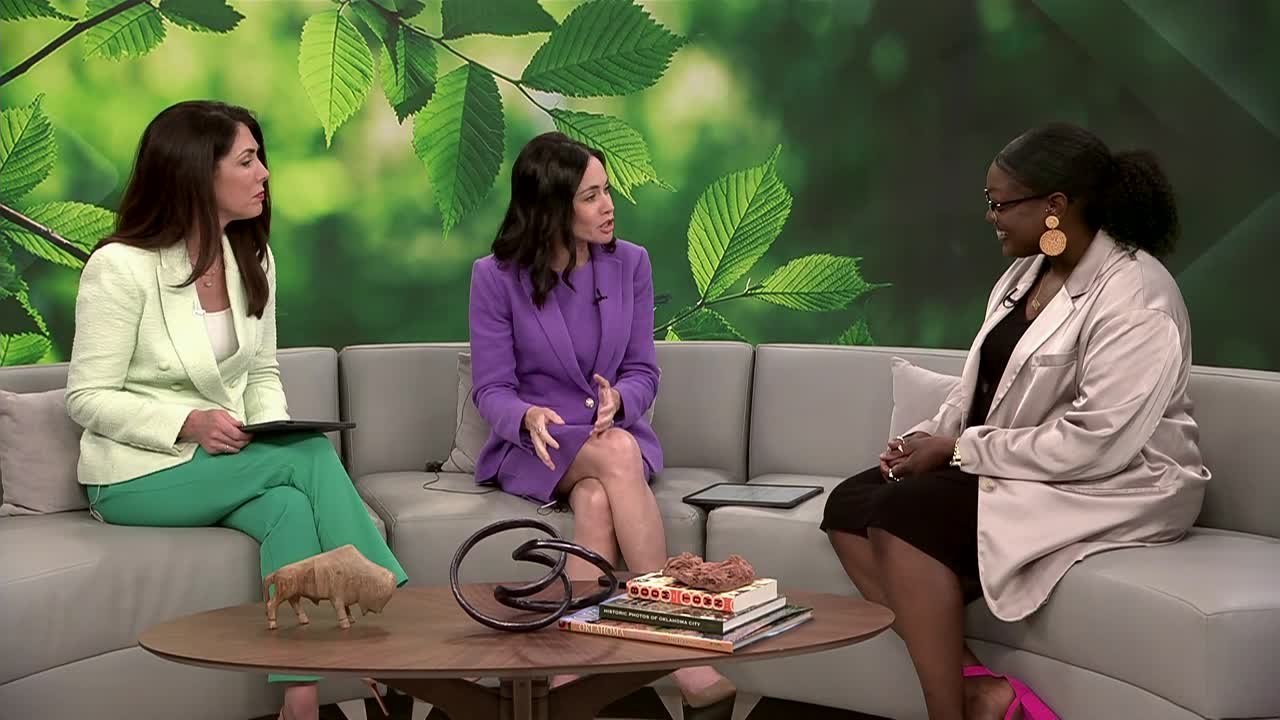Anxiety is a common emotional response, but it can become a disorder when feelings of worry persist, feel overwhelming, and disrupt daily activities. Understanding anxiety is the first step towards managing it effectively.
### Understanding Anxiety Anxiety manifests in various ways, including racing thoughts, restlessness, sleep disturbances, chest tightness, and avoidance behaviors. These symptoms can vary from mild to severe and can significantly impact personal relationships, work performance, and overall well-being.
### Types of Anxiety Disorders Several types of anxiety disorders exist, including: – **Generalized Anxiety Disorder (GAD)**: Characterized by chronic worry about various aspects of life. – **Panic Disorder**: Involves recurrent panic attacks and intense fear. – **Social Anxiety Disorder**: A fear of social interactions that may lead to embarrassment. – **Phobias**: Extreme fear of specific objects or situations. – **Obsessive-Compulsive Disorder (OCD)**: Involves unwanted thoughts and repetitive behaviors. – **Post-Traumatic Stress Disorder (PTSD)**: Develops after exposure to a traumatic event.
If anxiety symptoms interfere with daily life, it is important to seek assistance from a mental health professional.
### When to Seek Help Recognizing when to seek help can be crucial. If anxiety symptoms lead to difficulties in relationships, work, or daily functioning, consider contacting a mental health professional. Early intervention can lead to more effective treatment outcomes.
### Treatment Options Treatment for anxiety disorders often includes a variety of approaches such as: – **Cognitive Behavioral Therapy (CBT)**: This therapy has shown efficacy in reducing anxiety symptoms by addressing negative thought patterns. Many patients report a 50% decrease in anxiety levels after several sessions. – **Mindfulness and Relaxation Techniques**: Practices such as meditation and deep breathing can help reduce stress and anxiety. Research indicates that mindfulness can lower anxiety symptoms by up to 40% in some individuals. – **Medication**: In certain cases, medications may be prescribed to manage anxiety symptoms effectively. These can include anti-anxiety medications or antidepressants, depending on individual needs. – **Support Groups**: Connecting with others who experience similar challenges can provide emotional support and practical strategies for coping.
### Everyday Coping Tools In addition to professional treatment, individuals can utilize everyday coping strategies, such as: – **Deep Breathing Exercises**: Practicing deep breathing can quickly reduce feelings of anxiety, with many people noticing a difference within minutes. – **Journaling**: Writing down thoughts and feelings can help clarify worries and reduce anxiety. – **Limiting Caffeine**: Reducing caffeine intake can help decrease anxiety symptoms, as caffeine can trigger feelings of nervousness and restlessness. – **Regular Physical Activity**: Engaging in regular exercise can improve mood and reduce anxiety. Studies show that 30 minutes of moderate exercise several times a week can decrease anxiety symptoms significantly. – **Talking to Trusted Individuals**: Sharing your feelings with someone you trust can provide relief and perspective.
### You Are Not Alone Anxiety is a treatable condition. Many individuals have successfully managed their anxiety through therapy, medication, and lifestyle changes. It is essential to recognize that seeking help is a sign of strength. Taking the initial step toward treatment can lead to a more peaceful and fulfilling life.



